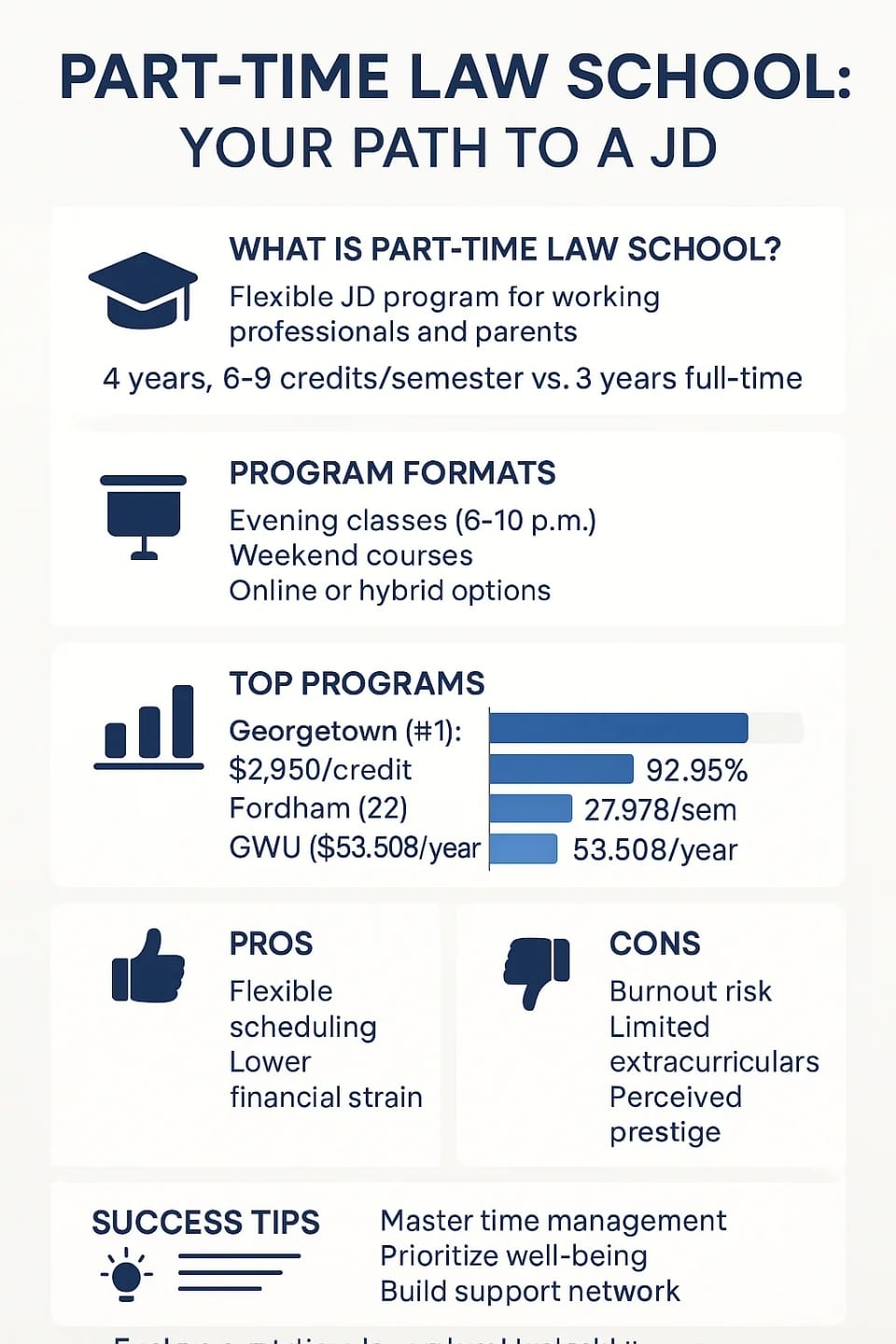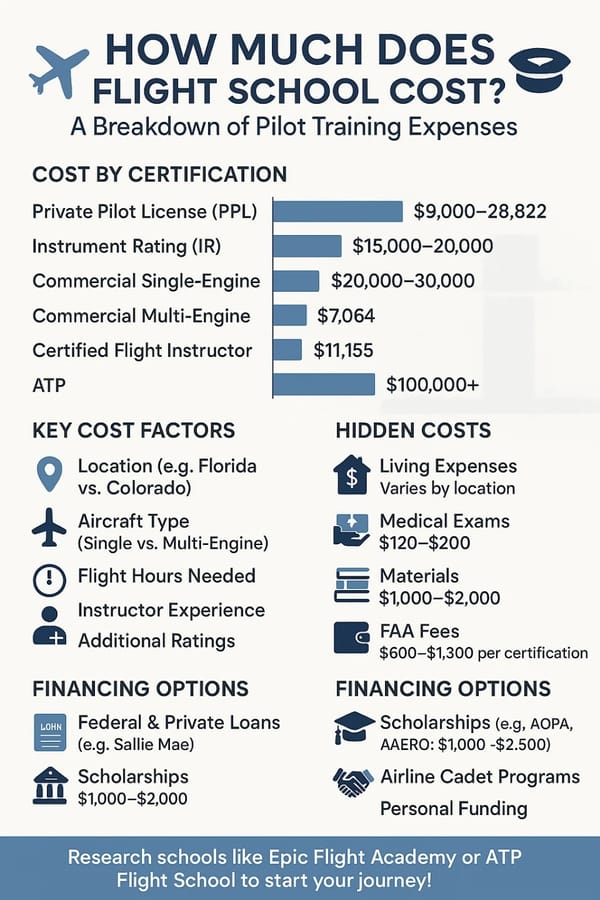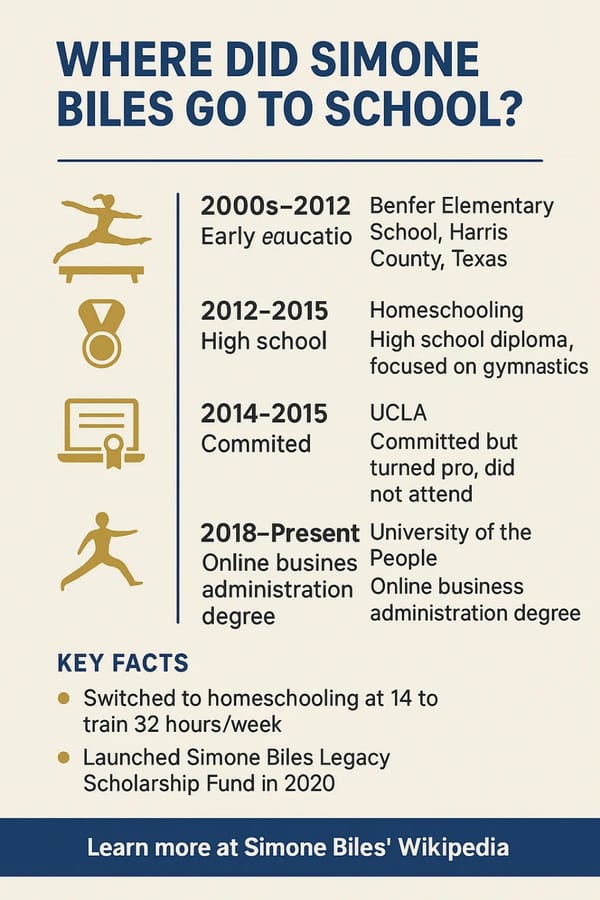Can You Go to Law School Part-Time? A Comprehensive Guide for Aspiring Lawyers
Introduction
You aspire to become a lawyer but your current situation includes holding a full-time job along with family obligations or other responsibilities. Part-time law school provides a flexible solution to attain your Juris Doctor (JD) degree while maintaining your current lifestyle. For working professionals, parents, and career changers part-time programs offer legal education accessibility. This guide explores the nature of part-time law school while examining top programs and discussing the advantages and disadvantages before offering practical success strategies. This manual provides valuable insights and practical examples to guide you through the rewarding but challenging journey. Find out if pursuing part-time law school matches your needs? Let’s get started!
What is Part-Time Law School?
Part-time law school serves students who find it impossible to follow the demanding schedule of a full-time JD program. Full-time programs run for three years with students taking 12-15 credits each semester while part-time programs spread over four years enabling students to earn 6-9 credits per semester as they manage work and family commitments. The adaptable structure of part-time law school makes it a desirable choice for individuals who wish to build a legal career while maintaining their existing responsibilities.
How Part-Time Law School Works
Part-time programs provide multiple formats which accommodate different student requirements.
- Evening Classes operate between 6:00 p.m. and 10:00 p.m. which works well for individuals who are employed during the day. For example, the evening program at Georgetown University Law Center provides classes specially designed to fit evening schedules.
- Weekend Courses meet the needs of individuals with daytime responsibilities through classes scheduled on Saturdays or Sundays.
- Online Learning Case Western's fully remote programs offer maximum flexibility for online learning students (Flexibility in Law School).
- Hybrid Formats integrate both face-to-face and virtual teaching methods to meet diverse student learning needs.
Most law programs offer a four-year timeline to distribute coursework but Georgetown provides accelerated JD completion options in 3-3.5 years through summer sessions. Tuition varies, with Georgetown charging $2,950 per credit, while Fordham University School of Law costs $27,978 per semester.
Admission Requirements
Admission standards for part-time programs tend to be more adaptable than those for full-time programs because they prioritize professional experience above standardized test results. The majority of law schools mandate the LSAT but certain institutions accept GRE scores or do not require any standardized test at all (Law Schools Without LSAT). Schools prioritize real-world experience therefore applicants need a compelling resume, personal statement and strong letters of recommendation. For instance, the Temple University Beasley School of Law part-time JD program evaluates both professional experience and academic performance to open its doors to those changing careers.
Top Part-Time Law School Programs
Success in part-time law school depends on selecting the right program. This list ranks the top 10 part-time JD programs according to their academic quality and flexibility as well as their bar passage rates based on the latest available data.
Table: Top 10 Part-Time Law School Programs
| Law School | Ranking | Acceptance Rate | Median LSAT | Median GPA | Bar Passage Rate | Program Details |
|---|---|---|---|---|---|---|
| Georgetown University Law Center | 1 | 20.13% | 168 | 3.73 | 92.95% | Evening, 4-6 years, accelerated 3-3.5 years, tuition $2,950 per credit |
| Fordham University School of Law | 2 | 22.15% | 164 | 3.61 | 92.98% | Evening, 8 semesters, tuition $27,978 per semester |
| George Washington University Law School | 3 | 32.59% | 168 | 3.78 | 90.22% | Full/part-time, 4 years + 1 summer, tuition $53,508 |
| Temple University Beasley School of Law | 4 | 35.77% | 160 | 3.54 | 90.28% | Day/night, 4 years, residents $25,072 per year |
| George Mason University Antonin Scalia Law School | 5 | 14.60% | 168 | 3.67 | 85.96% | Flex-JD hybrid, 2 nights per week, in-state $991.50 per credit |
| Loyola Marymount University Law School | 6 | 30.60% | 160 | 3.51 | 84.19% | Evening hybrid, 4 years + 2 summers, tuition $50,090 per year |
| University of San Diego School of Law | 7 | 37.10% | 164 | 3.50 | 84.80% | Evening, 4 years, classes 5:30 p.m. Mon-Thu, tuition $49,475 per year |
| University of Houston Law Center | 8 | 28.44% | 159 | 3.79 | 88.63% | Evening, classes 6:00-9:00 p.m. Mon-Thu, residents $26,000.46 per year |
| University of Maryland Francis King Carey School of Law | 9 | 30.82% | 163 | 3.73 | 82.10% | Evening, 4 years, residents $23,654 per year |
| University of Connecticut School of Law | 10 | 30.18% | 159 | 3.63 | 84.00% | Evening, 4 years, residents $21,180 per year |
These programs, like George Washington University Law School and University of San Diego School of Law earn recognition for providing flexible programs that produce strong professional results. Georgetown maintains its #1 ranking because of its outstanding evening program designed for working professionals (How to Get Into Georgetown Law).
Pros and Cons of Part-Time Law School
Part-time law programs present distinct advantages yet they include several difficulties. A clear comprehension of these elements lets you determine whether part-time law school fits your goals.
Advantages
- Flexible Scheduling: You can maintain work and family responsibilities by accessing evening classes and weekend courses as well as online study programs. Programs like Loyola Marymount University offer hybrid formats for added convenience.
- Lower Financial Strain: By extending tuition payments over four years students can diminish debt and make legal education more affordable (Juri Education Guide).
- Diverse Formats: Programs deliver education through fully online to in-person formats to support different learning styles while maintaining accessibility.
- Lenient Admissions: Professionals benefit from law schools that value work experience above LSAT scores when considering admissions criteria (Law School Application Requirements).
- Smaller Cohorts: The smaller class sizes in part-time programs create better opportunities for students to develop stronger relationships with both their professors and classmates.
Disadvantages
- Burnout Risk: People who work 40 hours per week and study another 30-40 hours per week face exhaustion risks when trying to manage family responsibilities.
- Limited Extracurriculars: Students who have less time for law journals or externships may struggle to network and grow their careers (Part-Time Law School Prestige).
- Perceived Prestige: The lack of part-time programs at elite institutions such as Harvard may limit students' employment opportunities after graduation.
- Competitive Grading: Part-time students encounter identical academic demands as full-time students although they have fewer hours for study which leads to difficulties.
Evaluating these elements is vital to make sure part-time law school fits with your personal objectives and way of life.
How to Succeed in Part-Time Law School
The success of part-time law school requires disciplined study habits and careful planning along with continual support. This section offers practical strategies backed by real-world examples.
Practical Tips
- Master Time Management: Manage your time effectively by scheduling classes, study sessions, and work duties on a digital calendar. Students should read cases during their commutes as a method to manage time efficiently while preparing for law school (Law School Admissions Checklist).
- Prioritize Well-Being: To manage stress you should eat nutritious foods and work out regularly while getting mental health assistance. The journey through law school unfolds as a long-distance run rather than a quick dash.
- Negotiate with Employers: Request flexible scheduling or remote work possibilities from your employer to fit your academic needs.
- Build a Support Network: Connect with family, classmates, and professors. Going to community events at New England Law | Boston keeps you actively engaged.
- Stay Involved: Engage in student organizations and evening events to build your professional network and strengthen your resume despite having a busy timetable.
Personal Stories
Ryan Groff ’20 demonstrates how to succeed in part-time law school at New England Law | Boston while managing his roles as a full-time paralegal and father of four. Starting his day at 6:30 a.m. to study before his full-time job and evening classes three nights a week. He manages to fulfill his role on the IRS Tax Advocacy Panel and act as a bar prep representative despite his demanding schedule. Ryan’s advice? Plan meticulously and view challenges as temporary: His journey proves that through perseverance and strategic planning students can successfully manage both law school studies and everyday life.
Similarly, attorneys at Stetson Law share first-year “horror stories,” emphasizing endurance. Students should take their time and seek help from family members and classmates to manage the demanding curriculum.
Frequently Asked Questions
This section provides responses to popular inquiries concerning part-time law school programs.
-
Is part-time law school worth it?
Absolutely, if full-time study isn’t feasible. The program provides the same JD degree but demands excellent time management despite its flexible structure. -
How long does part-time law school take?
Typically four years, but accelerated programs, like students at University of Houston Law Center can complete their studies in 3 to 3.5 years by taking summer courses. -
Which part-time law school is best?
Georgetown holds the top ranking but your ideal choice depends on your geographic location, financial situation, and professional objectives. -
Is there a stigma with part-time programs?
Some perceive part-time degrees as less prestigious, but many programs, like the part-time evening program at the University of Maryland holds high respect, and their JD program delivers an equivalent degree. -
Is part-time law school easier?
The curriculum remains the same but handling multiple responsibilities becomes more difficult because of reduced study hours. -
Can I skip the LSAT?
Students can apply to some law schools with the GRE or benefit from test-optional policies while most institutions still require a standardized test (Law Schools Without LSAT).
Conclusion
Aspiring lawyers who lead busy lives find part-time law school to be a transformative educational option. Offering flexibility, top-tier programs like Georgetown and Fordham offer top-tier evening programs which allow students to work toward their JD while continuing with their careers and family responsibilities. Time management techniques and a strong support system help overcome issues such as burnout and limited networking opportunities and allow for potential success. If you’re ready to take the leap, start by researching programs that align with your goals, preparing a compelling application, and connecting with current students or alumni for insights. Your legal career is within reach—take the first step today! Explore more resources at Juri Education or Stetson Law to fuel your journey.






